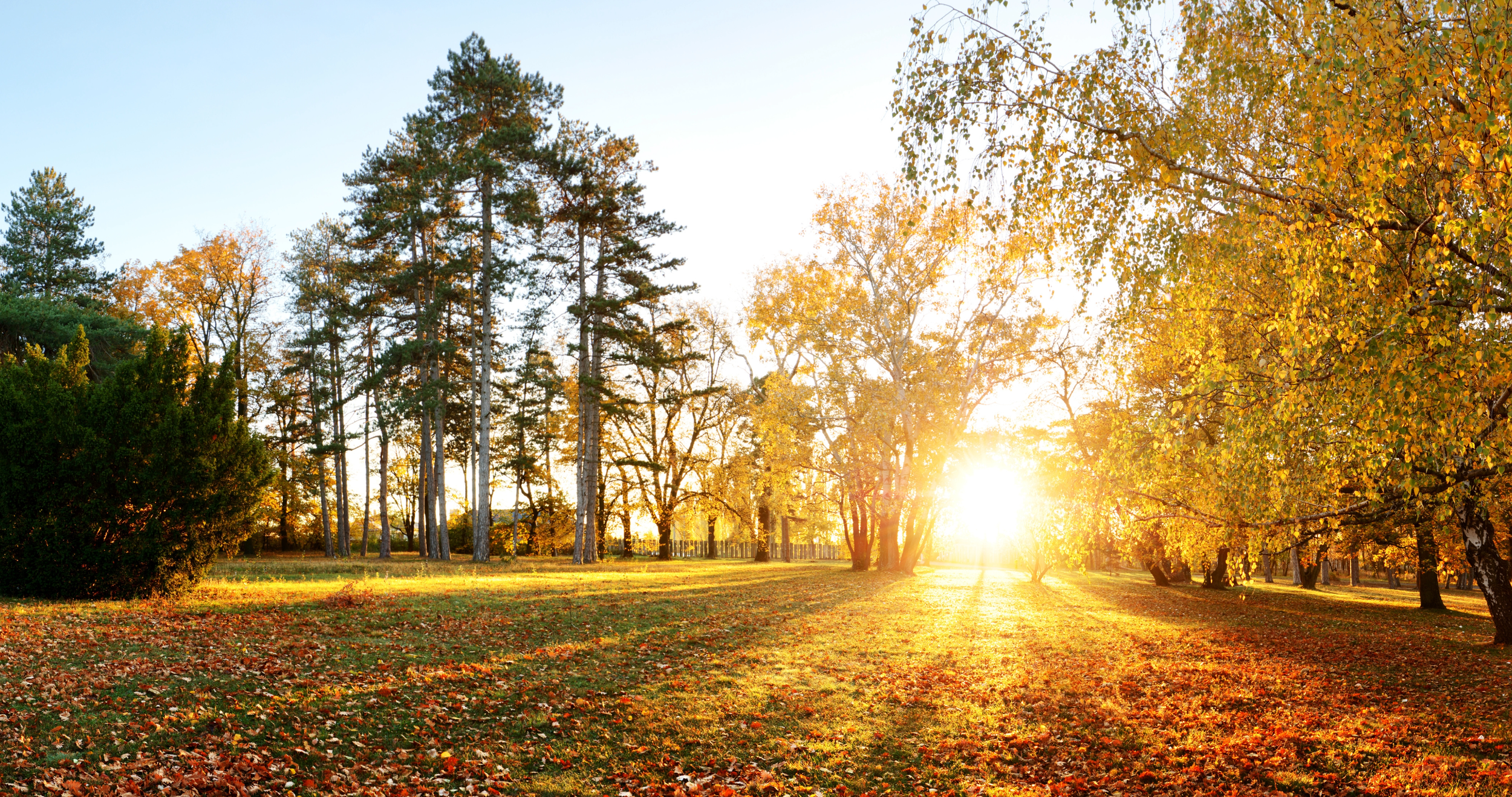our UU Principles
The Mattatuck UU Society affirms and promotes Seven Principles, which we hold as strong values and moral guides.
The inherent worth and dignity of every person;
Justice, equity, and compassion in human relations;
Acceptance of one another and encouragement to spiritual growth in our congregations;
A free and responsible search for truth and meaning;
The right of conscience and the use of the democratic process within our congregations and in society at large;
The goal of world community with peace, liberty, and justice for all;
Respect for the interdependent web of all existence of which we are a part;
our Mission
We nurture the human spirit, bringing love and justice to transform ourselves and our world.
our Vision
We envision a ministry that serves the needs of the community and celebrates its spiritual diversity, a congregation comprised of active community leaders, and a vibrant social justice program focused on the interdependent web of all existence.
Our Faith
Seven days a week, UUs live their faith by doing. Whether in community with others, or as an individual; we know that active, tangible expressions of love, justice, and peace are what make a difference.
We are diverse in faith, ethnicity, history, and spirituality; but we unite in our shared values. We have radical roots and a history as self-motivated spiritual people. We think for ourselves and recognize that life experiences influence our beliefs more than anything.
We do not need to think alike to love alike. We are people of many beliefs and backgrounds - people with a religious background, people with none, people who believe in a God, people who don’t, and people who let the mystery be.
In Unitarian Universalism, you can bring your whole self: your full identity, your questioning mind, your expansive heart. Together, we create a force more powerful than one person or one belief system. As Unitarian Universalists, we do not have to check our personal background and beliefs at the door; we join together on a journey that honors everywhere we’ve been before.
James Luther Adams was a Unitarian parish minister, social activist, journal editor, distinguished scholar, translator and editor of major German theologians, prolific author, and divinity school professor for more than forty years. Adams was the most influential theologian among American Unitarian Universalists of the 20th century.
the five smooth stones
According to Adams, the five smooth stones of religious liberalism are:
"Religious liberalism depends on the principle that 'revelation' is continuous." Our religious tradition is a living tradition because we are always learning new truths.
"All relations between persons ought ideally to rest on mutual, free consent and not on coercion." We freely choose to enter into relationship with one another.
"Religious liberalism affirms the moral obligation to direct one's effort toward the establishment of a just and loving community. It is this which makes the role of the prophet central and indispensable in liberalism." Justice.
"... We deny the immaculate conception of virtue and affirm the necessity of social incarnation." Agency: Good things don't just happen, people make them happen.
"Liberalism holds that the resources (divine and human) that are available for the achievement of meaningful change justify an attitude of ultimate optimism." Hope.
Adams' five smooth stones are explained in the essay "Guiding Principles for a Free Faith" in On Being Human Religiously: Selected Essays in Religion and Society, Max Stackhouse, ed. Beacon Press, 1976, pp. 12—20.
Our UU History
Unitarian Universalism is a religion with deep roots in the Christian tradition, going back to the Reformation and beyond, to early Christianity. Over the last two centuries our sources have broadened to include a spectrum ranging from Eastern religions to Western scientific humanism. Unitarian Universalists (UUs) identify with and draw inspiration from Atheism and Agnosticism, Buddhism, Christianity, Humanism, Judaism, Earth-CenteredTraditions, Hinduism, Islam, and more. Many UUs have grown up in these traditions—some have grown up with no religion at all. UUs may identify with and practice one or more of these traditions alongside their Unitarian Universalism.
Our denonination grew out of two traditions – the Unitarians and the Universalists—who merged in 1961 to form the Unitarian Universalist Association.
Unitarianism grew out of the Protestant Reformation in 16th century Europe. At that time Unitarian thinkers began to question the authority of creeds and dogmas. There was an emphasis on following Jesus as a moral teacher, and retaining the Oneness of God.
Universalism began in this country as Christian thinkers and leaders began to question why God would ever damn anyone. Universalists got their name from their belief in universal salvation, a belief that God would save all souls.
We are a living tradition, and open to continuing revelation. In the past 150 years with increased knowledge and exposure to science and other world religions, Unitarian Universalists have broadened their sources for wisdom beyond the Bible. Today, most Unitarian Universalists think of our tradition as being distinct from Christianity, though some way still consider themselves Christians.




